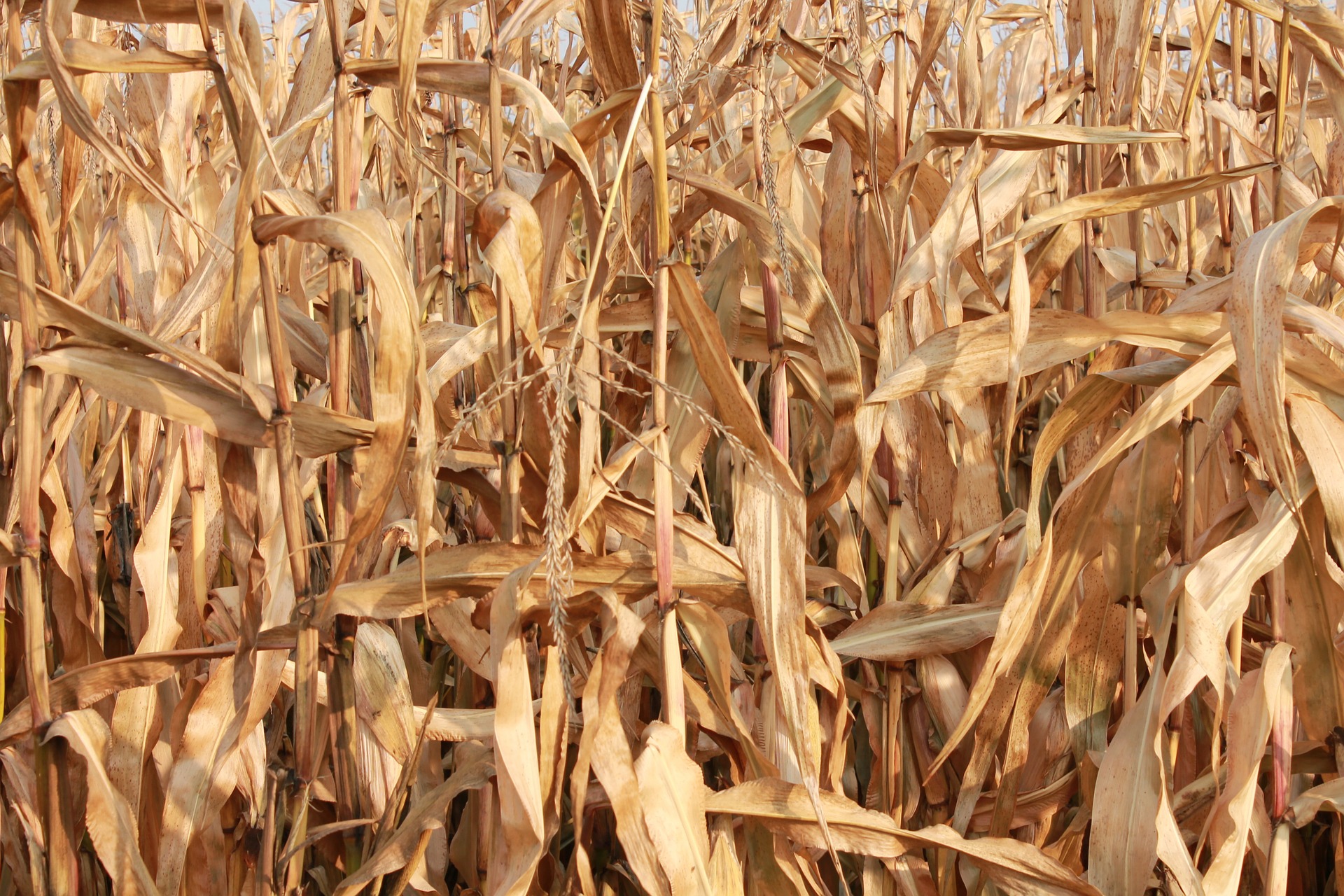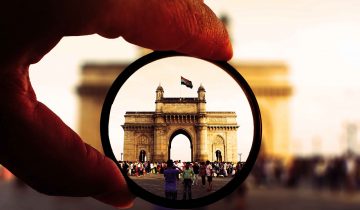Global Warming: You Can’t Escape, India

A few short weeks before the critical UN meeting on global warming in Peru, the Intergovernmental Panel on Climate Change (IPCC) reconfirmed in a report earlier this week that surface temperatures in India are rising at an “unprecedented” level.
The report stated that the past 30 years have been the warmest in India for 1400 years. The warming is getting increasingly urgent as 8 of the hottest years in the past century were recorded in the last decade.
So What?
We have all heard that global warming is causing surface temperatures and sea levels to rise, but what does this mean for India?
“Global temperature increases of ~4°C or more above late-20th-century levels, combined with increasing food demand, would pose large risks to food security globally and regionally,” states the IPCC. The report showed that even a 1°C of warming would have a major impact on important crops such as corn, wheat, and rice.
Food production is likely to be affected because of more frequent floods and excessive rainfall in some areas, and droughts in others. Change in temperature and food availability is also expected to increase malnutrition and disease in developing countries.
In addition, the current increases in temperature are expected to melt most of the glaciers in the Himalayas by 2035.
What is Being Done?
PM Modi assembled a high-level advisory group on climate change that included Ministers of Finance, Environment, Urban Development, Water Resources, Agriculture, Coal, and Science and Technology. Headed by the prime minister himself, the group aims to assess and coordinate national climate change mitigation.
However, Modi’s position on climate change is becoming increasingly unclear. Even as he assembled the group, he took off several senior level members of the committee, including director general of Centre for Science and Environment Sunita Narain and industrialist Ratan Tata. When campaigning, Modi presented facing the challenge of global warming as an important part of his political agenda.
As CM of Gujurat, Modi published an ebook in 2011 stating that responding to climate change was an important moral duty. Encouraging renewable energy and preserving nature through planting trees, Modi stressed the importance of the issue: “Climate change is definitely affecting the future generations which, as of now, have no voice on the actions of present generation.”
However, upon taking office addressing climate change has not only been put on a back burner, but deemphasized altogether, doubting whether it was really occurring. Modi missed the UN Summit on climate change in September, stating in a Q&A later on that “climate has not changed. We have changed. Our habits have changed. Our habits have got spoiled. Due to that, we have destroyed our entire environment.”
Modi has disassembled several environmental protections in order to set up new coal mines and other industrial projects. As carbon emissions in America and China are expected to level off by 2030, India’s are projected to increase by 60% between 2020 and 2040.
Why bother?
Although Modi’s has been focusing on plans for development and boosting India’s slowing economic growth, the IPCC report has shown that at the same time climate change cannot be ignored. The case studies of Western nations have shown that although rapid economic development is possible, neglecting the environment will make it increasingly difficult to sustain that growth in the future.
Modi’s administration must make sure that India’s economic development is sustainable development. As Navroz Dubash, a lead author of AR5 warns, “There is a complex two-way relationship between sustainable development and climate change: climate policies should support sustainable development. India has to increasingly internalise climate considerations into development planning.”
Indians’ expectations for economic growth must also be in line with these environmental concerns. In order to make the government accountable to the environment, we must speak up for it. Development is important, but with increasing threats such as floods and food shortages, that same development is not worthwhile unless it is sustainable.




